3 Learning Type CEUs
Neurodiversity Affirming Care in ABA
More than just a trend
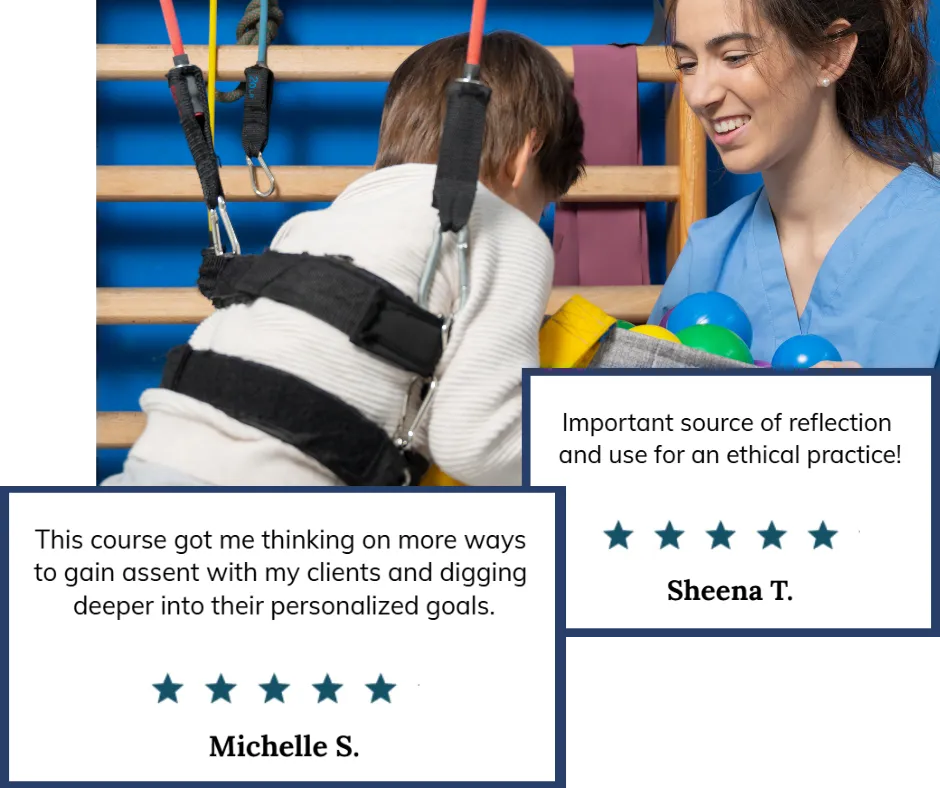

Instructors: Amelia Dalphonse, MA, BCBA and Nicole Dionne, MA, LCMHC, BCBA
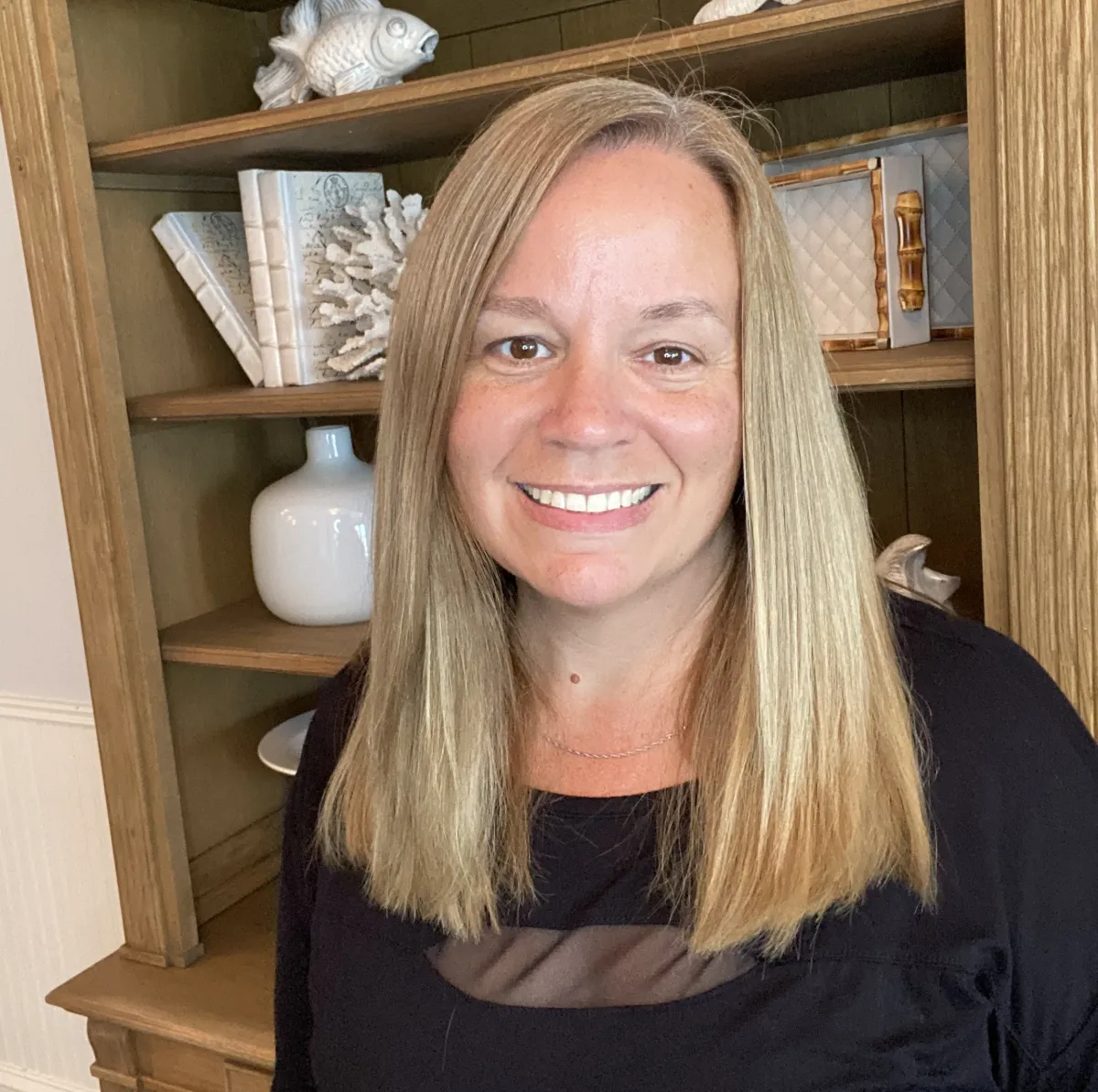
Amelia Dalphonse, MA ,BCBA
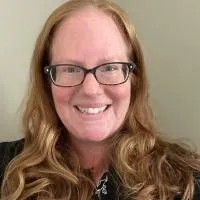
Nicole Dionne, MA, LCMHC, BCBA
Are you an ABA professional seeking to provide the most ethical and effective care to your neurodivergent clients?
Our Neurodiversity Affirming Care in ABA course is designed to equip you with the knowledge and skills to create a supportive and empowering environment for individuals on the autism spectrum.
What you will learn:

Understanding Neurodiversity
Explore the concept of neurodiversity and its implications for ABA practice.

The Neurodiversity Movement
Learn about the history and goals of the neurodiversity movement and how it’s shaping the field of ABA.

Ableism and Implicit Bias
Identify and address ableist attitudes and implicit biases that can hinder effective care.

Compassionate Care
Develop skills for building rapport, dostering trust, and providing compassionate support to neurodivergent clients and their families.

Trauma-Informed Care
Understand the impact of trauma on neurodivergent individuals and implement trauma-informed practices.

Practical Strategies
Learn specific strategies for incorporating neurodiversity affirming principles into your ABA interventions.
Why is Neurodiversity Affirming Care in ABA essential?

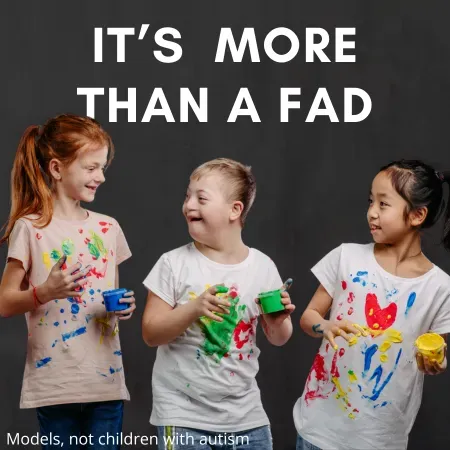
Ethical Imperative: ABA providers have a responsibility to prioritize the well-being and dignity of their clients.
Neurodiversity affirming care aligns with this ethical obligation by valuing individual differences and promoting self-determination.
Improved Outcomes: Research shows that when neurodivergent individuals feel accepted and understood, they experience better mental health, increased self-esteem, and improved social connections.
Reduced Harm: Traditional ABA practices have sometimes been criticized for focusing on “normalizing” behavior, which can lead to internalized stigma and harm.
Neurodiversity affirming care shifts the focus to understanding and appreciating neurodiversity.
Client-Centered Approach: This approach prioritizes the individual’s goals, preferences, and strengths, leading to more meaningful and effective interventions.
Positive Social Impact: By embracing neurodiversity, we contribute to a more inclusive and accepting society for all.
The Dangers of Not Implementing Neurodiversity Affirming Care
Neurodiversity affirming care isn’t just a trend or fancy buzz word. This care is critical to the success and well-being of your clients. Without it they may experience:

Increased Mental Health Challenges: The lack of understanding and acceptance can lead to increased anxiety, depression, and other mental health issues in neurodivergent individuals.
Higher Suicide Risk: The autistic community faces a disproportionately high risk of suicide. Not affirming neurodiversity can exacerbate feelings of isolation and despair.
Decreased Treatment Effectiveness: When interventions are not client-centered and do not respect individual differences, they are less likely to be successful.
But that’s not the end of it—the problem’s actually worse than that! If you
fail to provide neurodiversity affirming care you are at increased risk of:
Ethical Violations: Failing to provide neurodiversity affirming care can be considered an ethical violation for ABA professionals.
Perpetuating Stigma: By not embracing neurodiversity, we contribute to the stigma and discrimination faced by neurodivergent individuals.
That’s why we’ve developed Neurodiversity Affirming Care in ABA – a course designed to empower you with the knowledge and tools you need to thrive as a competent and confident practitioner.
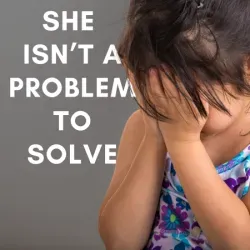
Trusted ACE Instructors Approved through the BACB
Quality Assurance You Can Trust: All of our instructors are certified Authorized Continuing Education (ACE) providers through the Behavior Analyst Certification Board (BACB). This ensures that our CEU courses meet the rigorous standards set by the BACB and qualify for CEU credits towards maintaining your BCBAs’® certifications.
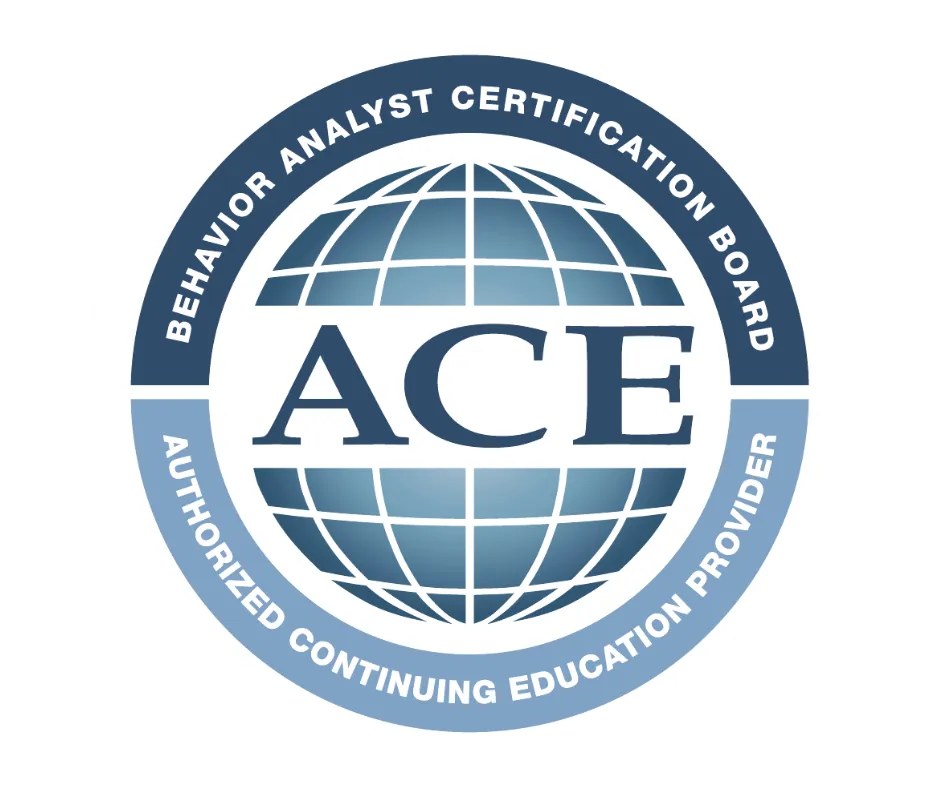
Act now, and you can get 3 learning CEUs – plus get these exclusive bonuses!
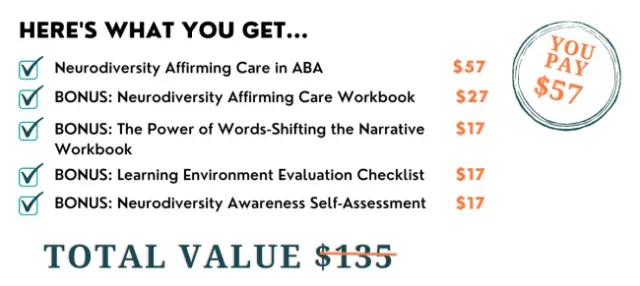

What BCBAs® Are Saying about This Course

We’re proud to provide courses that make a difference for BCBAs® and their learners. Here’s what professionals like you are saying about our programs:
“This course was eye-opening and empowering. It helped me shift from a compliance-based mindset to a truly client-centered, neurodiversity-affirming approach. The content is clear, compassionate, and full of practical strategies. Highly recommend for any ABA professional who wants to provide respectful, ethical care.” – Sophie L., BCBA
Join the hundreds of BCBAs® who have used our training to transform their practice and improve learner outcomes.
Don't wait to get the tools you need to make your job easier!
Meet the Instructors
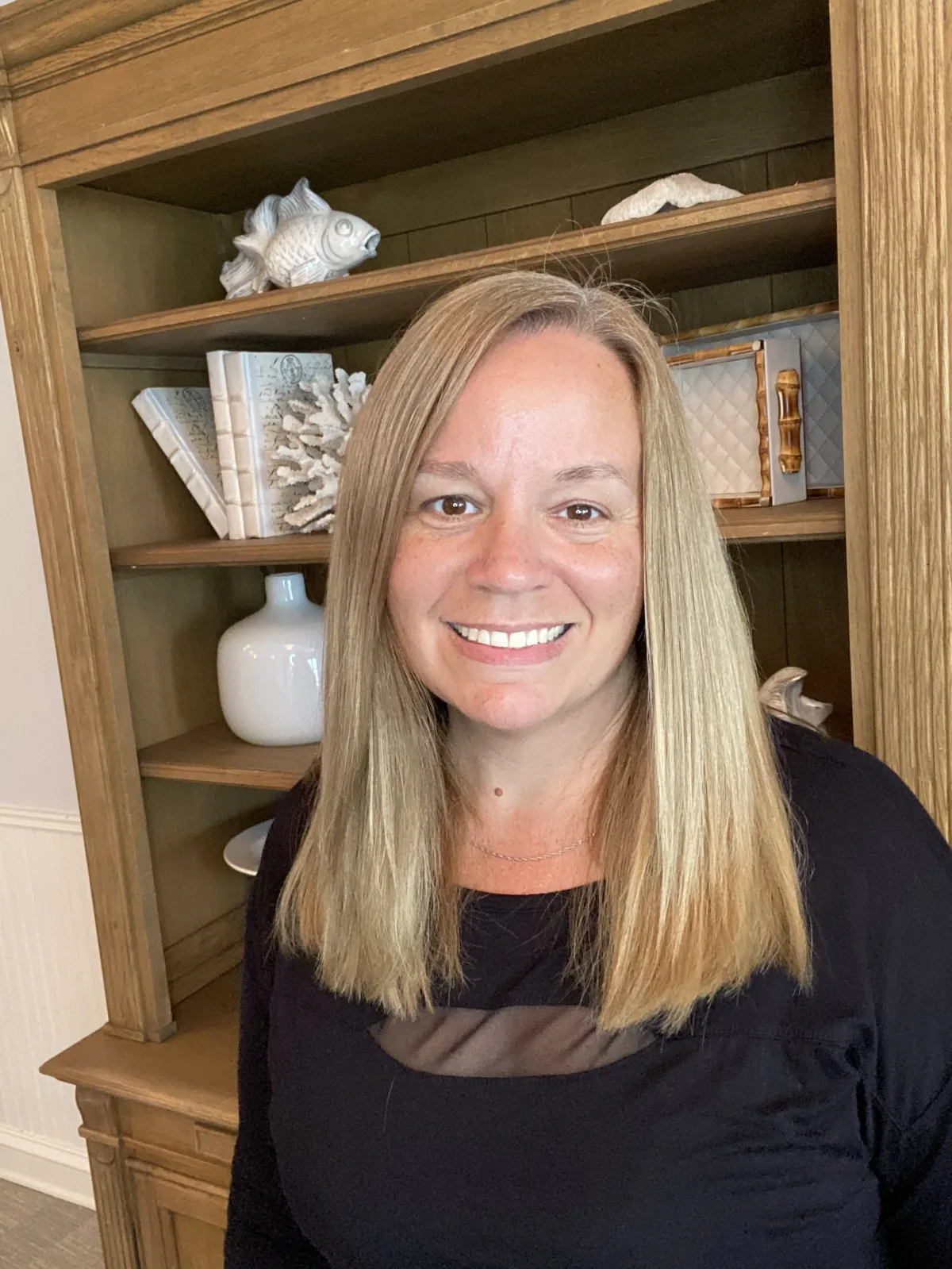
Amelia Dalphonse, MA, BCBA
Amelia Dalphonse, MA, BCBA, co-founded Master ABA with her twin sister, Dianna Kelly, bringing over 13 years of expertise in Applied Behavior Analysis (ABA). Passionate about prioritizing client needs, Amelia earned a Master’s degree in ABA and became a Board Certified Behavior Analyst (BCBA®).
At Master ABA, Amelia and Dianna lead with innovation, emphasizing client-centered care to drive meaningful change. As an ACE provider, they’ve established the institution as a hub for progressive ABA practices, inspiring others to adopt compassionate and ethical approaches.
Through her role at Master ABA, Amelia advocates for advancing the ABA field with empathy and integrity. She stays abreast of the latest research, continuously seeking opportunities for professional growth.
Amelia’s leadership and dedication continue to shape the ABA community, empowering practitioners to prioritize client well-being. Together with her sister, she envisions a future where ethical values drive positive change in ABA practices.
Nicole Dionne, MA, LCMHC, BCBA
Nicole Dionne is a Licensed Clinical Mental Health Counselor based in Greenland, NH, with over 19 years of experience in the mental health field. She emphasizes the importance of collaborative relationships and acknowledges the inherent strength within each individual who seeks her guidance. Dionne’s primary objective is to create a secure environment conducive to processing and overcoming life’s stressors.

